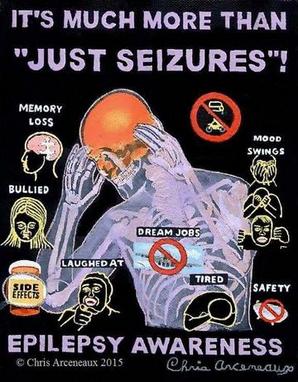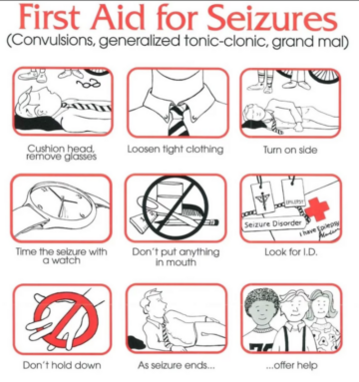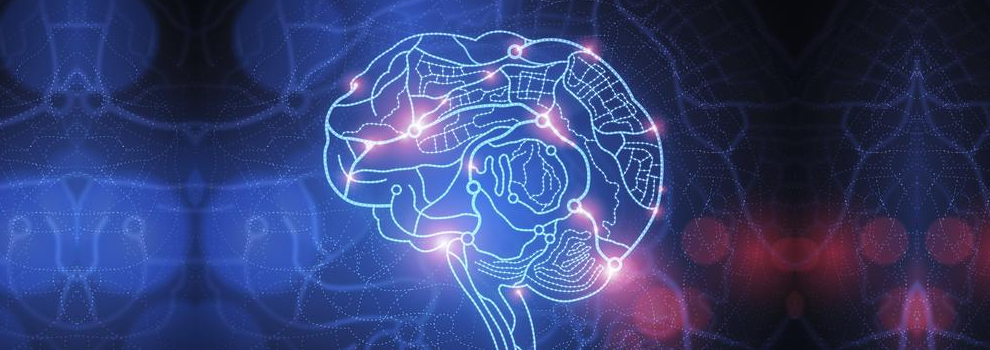Epilepsy Awareness Month by The Church of Satan | https://forum.nationstates.net/viewtopic.php?f=12&t=221965&start=4950#p33000520

November is known by many as Epilepsy Awareness Month. This however is out of necessity. While there are specialists and several neurologists that study the condition much is still not known about it. Currently, a cure does not exist and as a result, it is a chronic illness.
What is epilepsy anyways? This is an important question because the overwhelming bulk of people really don’t know what’s true and what’s a rumor so people primarily defer to rumors as truth. This causes people to avoid helping those they might witness having a seizure. Most people believe epilepsy to be contagious. This of course is a rumor disproven by scientific research.
Epilepsy is a neurological disorder caused by the brain’s misfiring of neurons that cause epileptic seizures. Seizures are characterized by shaking, loss of consciousness, and among other things memory loss. The disturbing truth is that it is a very common condition. One in twenty-six people worldwide will develop epilepsy in their lifetime. There are about twelve different types of epilepsy and over forty types of seizures. What kind of epilepsy one has is a significant factor in determining what kind of seizures one might experience. The two primary types of seizures are focal seizures and generalized seizures.
Approximately 60% of people with epilepsy experience focal seizures. These are called partial seizures which are generally characterized by blackouts during which time one might continue moving or talking. When consciousness resumes the person in question will be unaware of their actions. Generalized seizures however are the more widely known variety. These are characterized by blackouts, shaking, intense muscle spasms, and foaming at the mouth. They are very violent in nature. This is where the stigma is derived. Many people are more likely to attribute these seizures to the result of a drug overdose. Several even go so far as to rob someone during the seizure and do nothing to help.

The effects of epilepsy are not just physical either. Memory loss is common. Generally short-term memory. Sure muscles are usually worn out, bones are sometimes broken and many deep gashes, bruises, or cuts are caused but the remaining effects are far worse. Firstly there are the personal effects. Depression is common among epileptics. Attempted suicide is not uncommon due to this. The condition robs people of their independence and often makes finding employment exceedingly more difficult. Travel is also more difficult because it makes driving too dangerous not just to the driver but to everyone around them. The psychological effect is difficult too. Everyone around them is one way and they are another so it makes them feel like something is wrong with them. Others also perceive them differently. Friends and sometimes family leave them behind. People will frequently accuse one of faking their seizures and by extension downplaying the severity of the condition itself. This journalist speaks from experience.
Seizures can be caused by a vast multitude of things: stress, thirst, hunger, sleep deprivation, flashing lights, caffeine, nicotine, alcohol, heights, and even changes in barometric pressure. Anti-seizure medication is also not always effective. Some might go their whole lives without experiencing more. Some go decades before having another. Some go a couple of years, a couple of months, or a couple of days. There are of course those that are catatonic every moment of their lives. Every seizure damages the brain and things get worse. If pharmaceuticals are unable to help those in need then where can they turn? Despite all the current knowledge, there is still much more that is unknown. In recent years marijuana and oil derived from it have made groundbreaking strides towards returning the lives of epileptics to normalcy. Perhaps even towards a cure but that is rather presumptuous of me to say.
As November comes to an end keep this in mind: if you see someone have a seizure don’t just stare at them. You now have an idea of how strong they are to endure things many could not. Be there for them. Help them properly. Note below how to properly aid one that is having a seizure:


